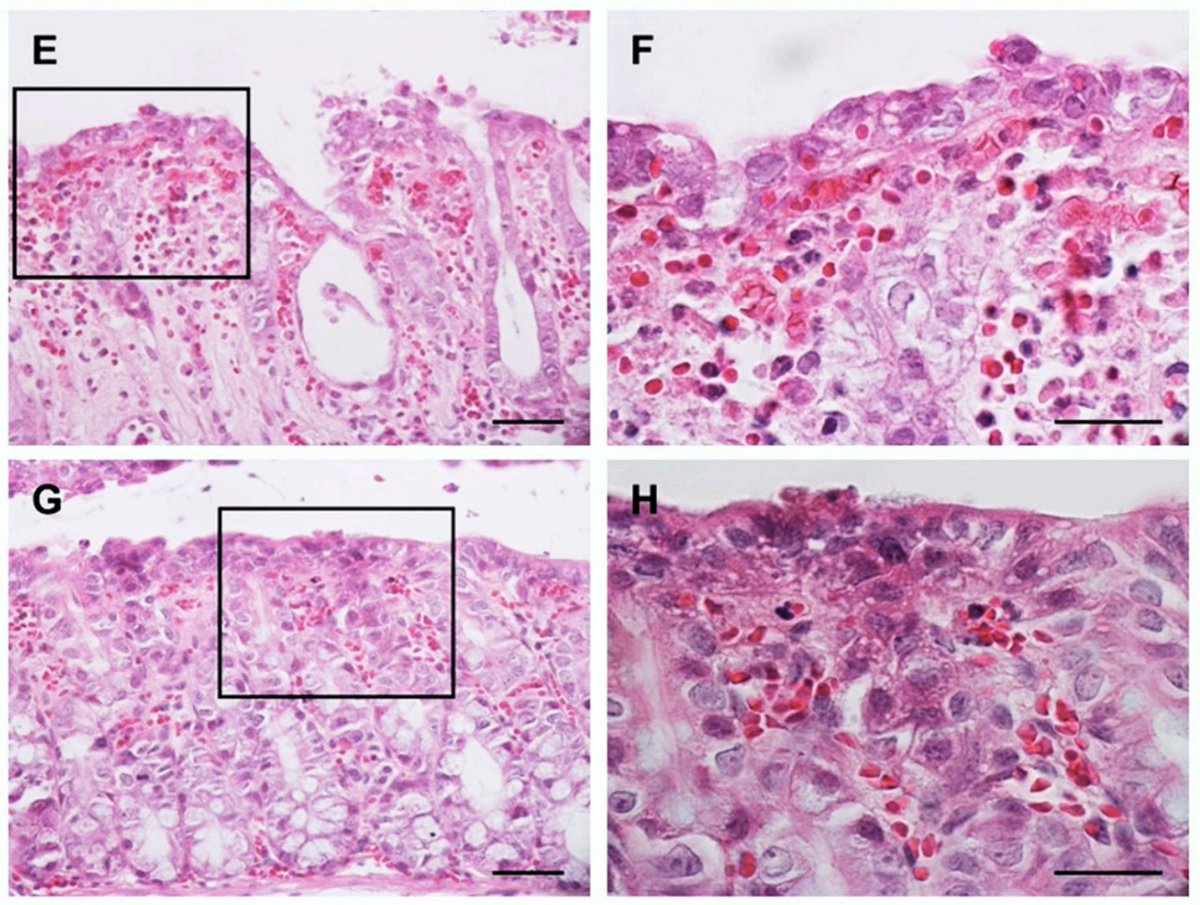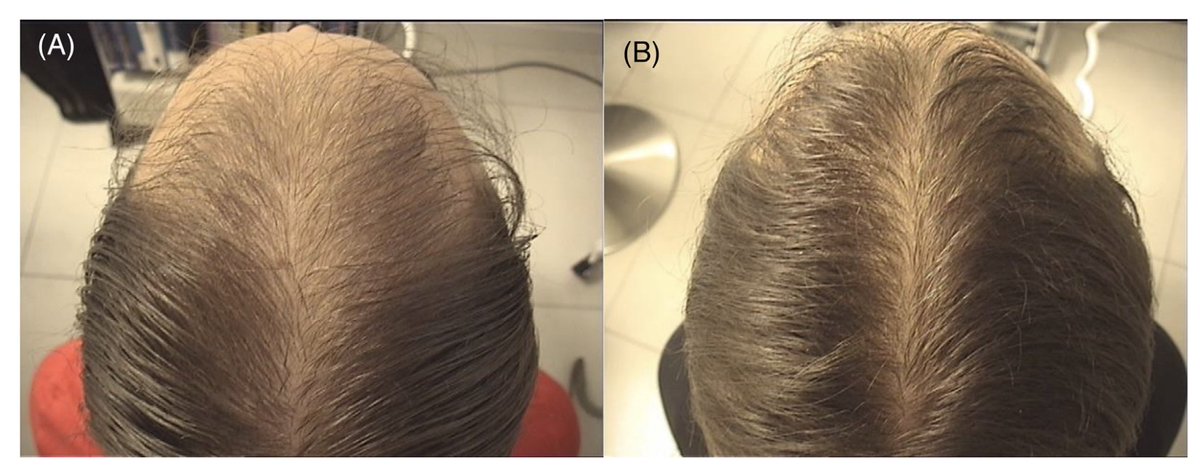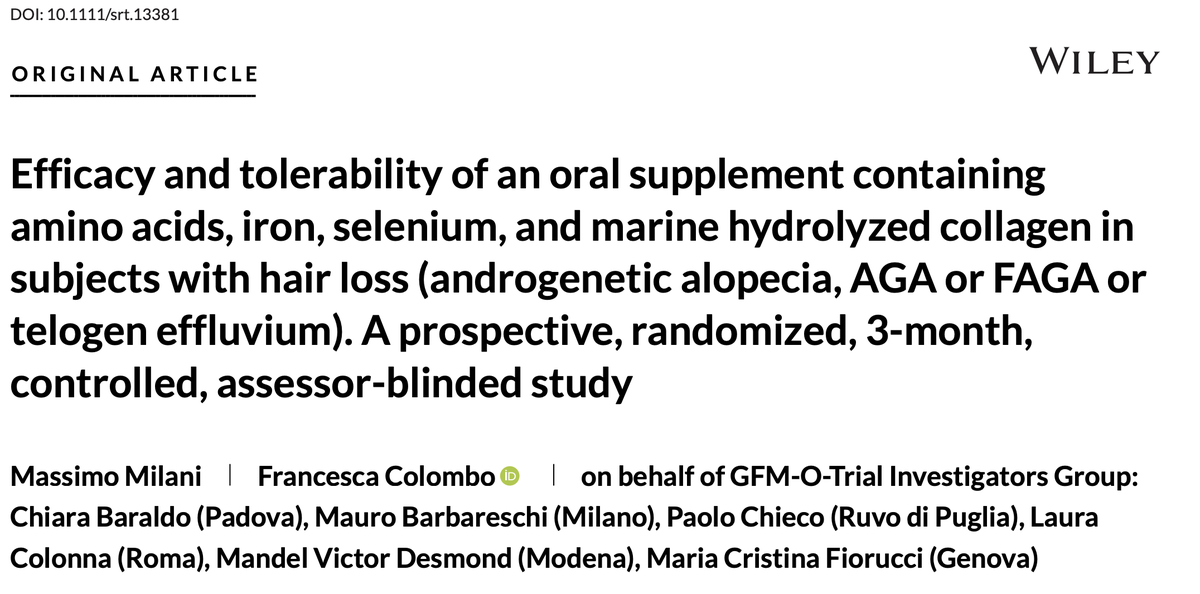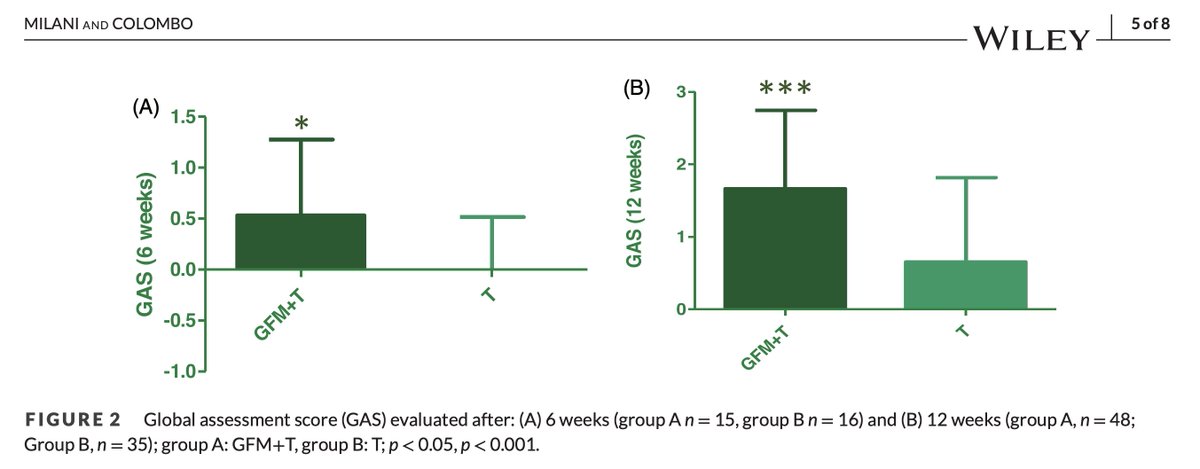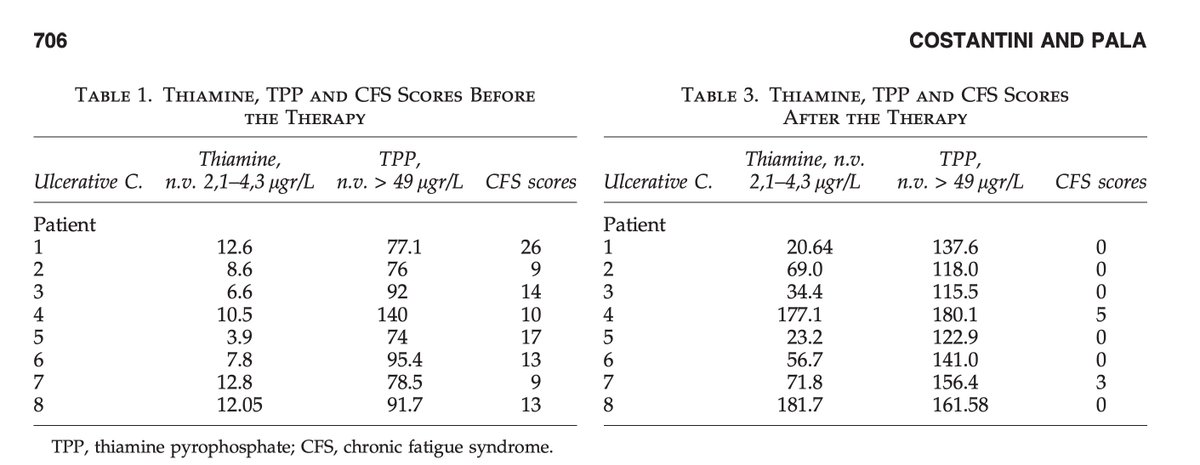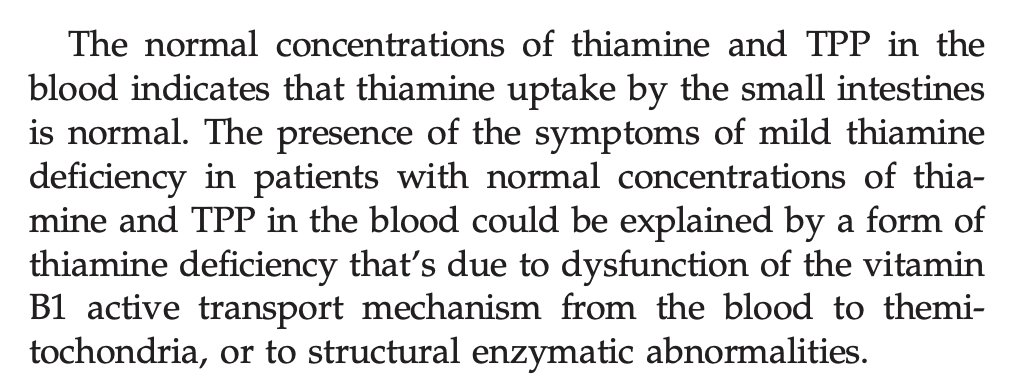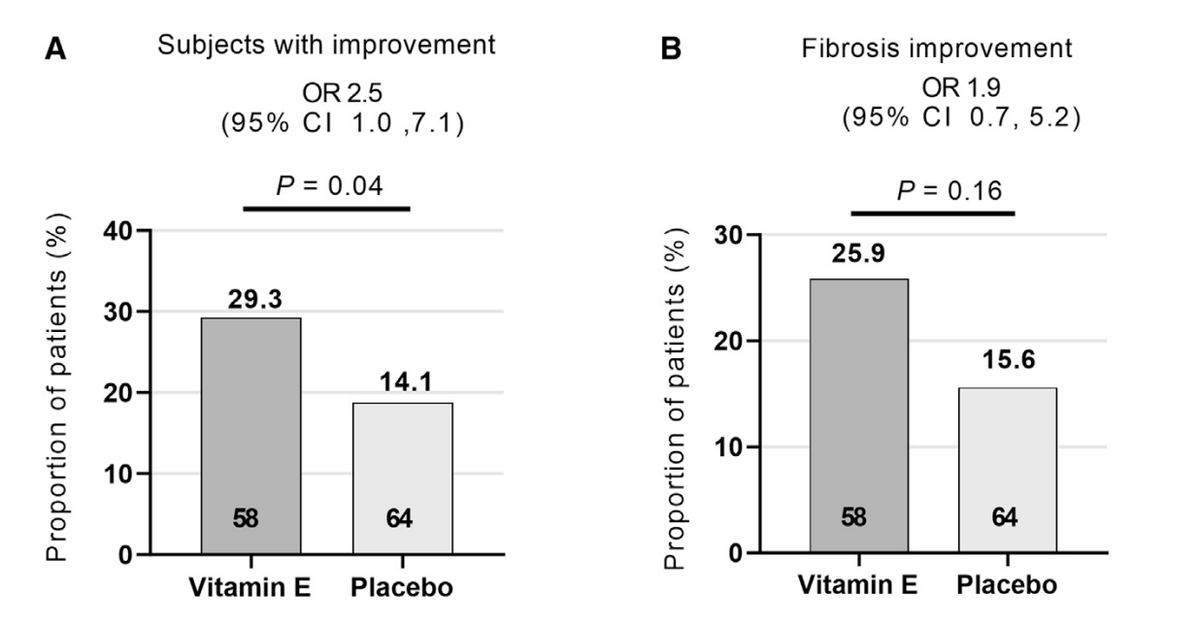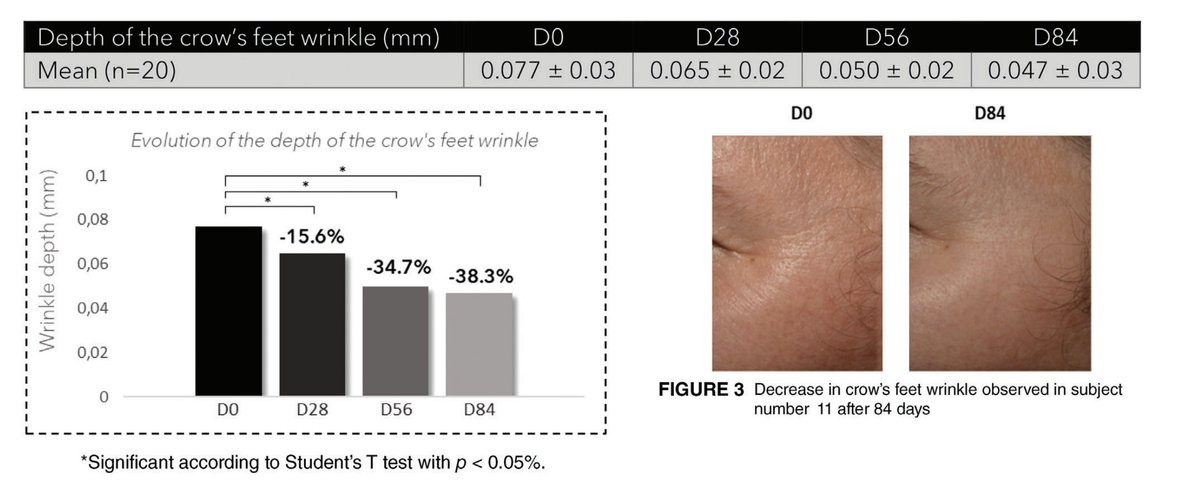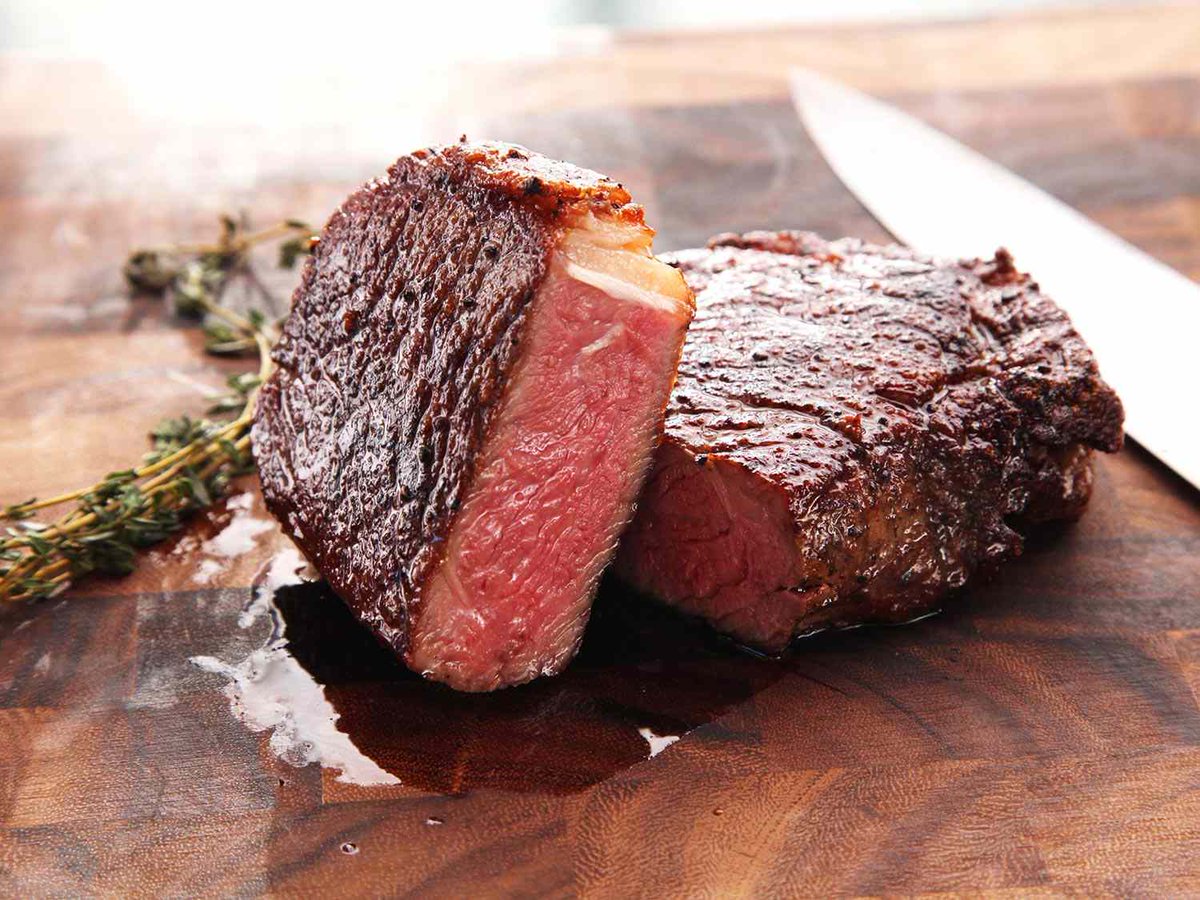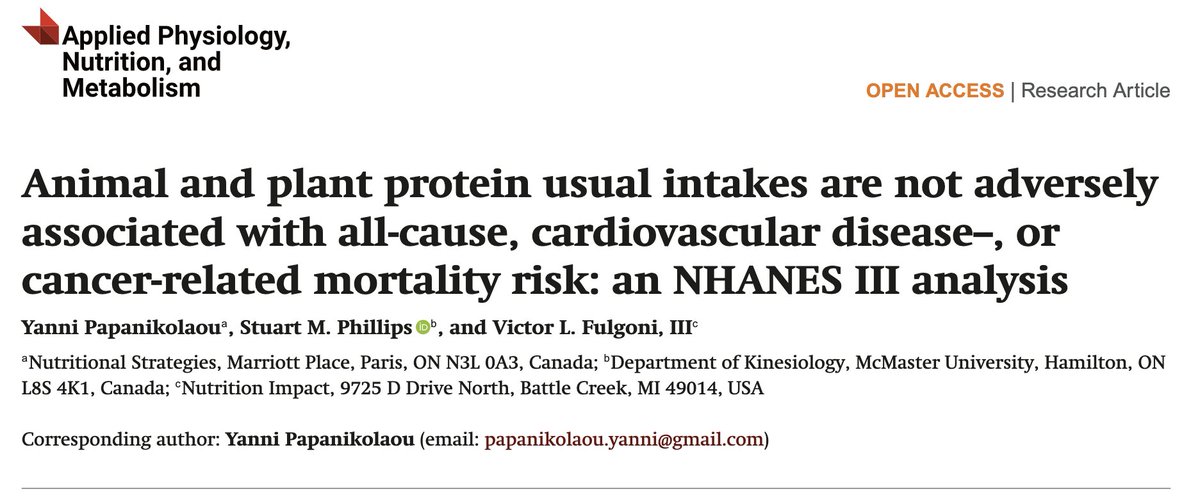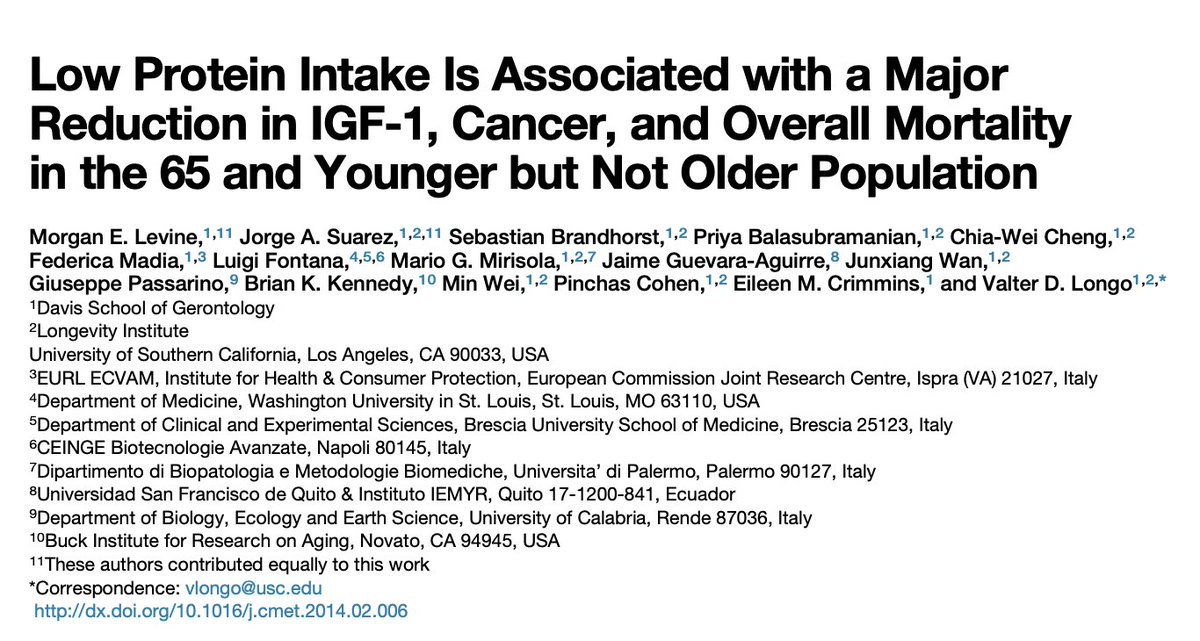Cortisol can be completely stopped with a simple & cheap supplement, according to a fascinating study.
(🧵1/7)

(🧵1/7)
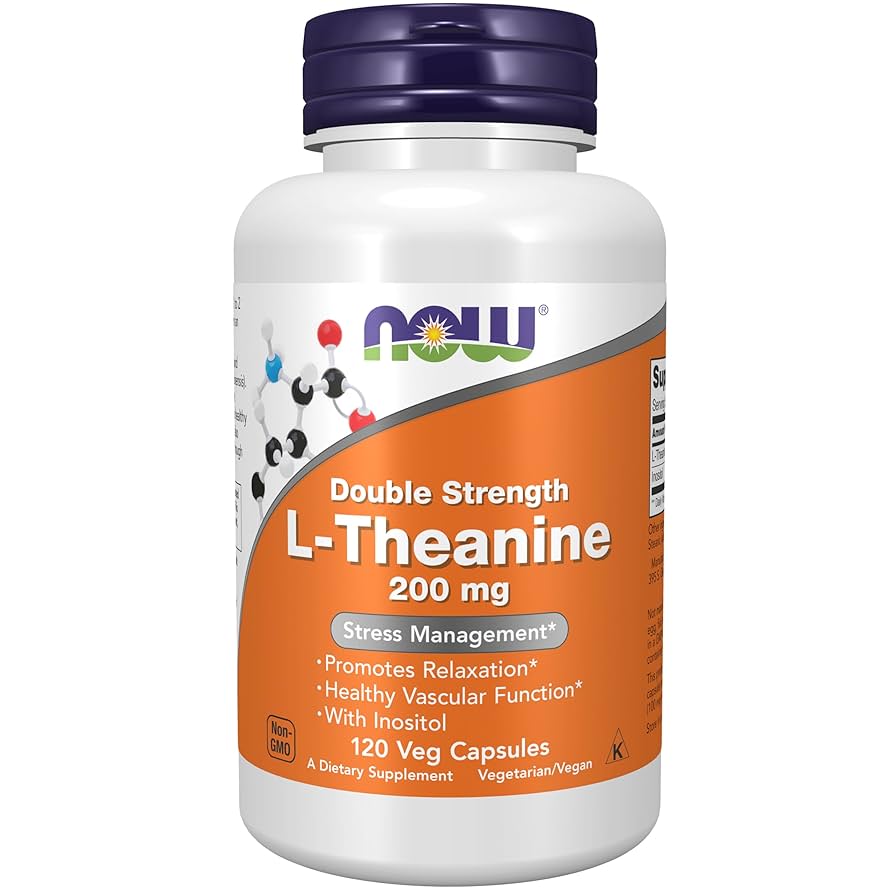
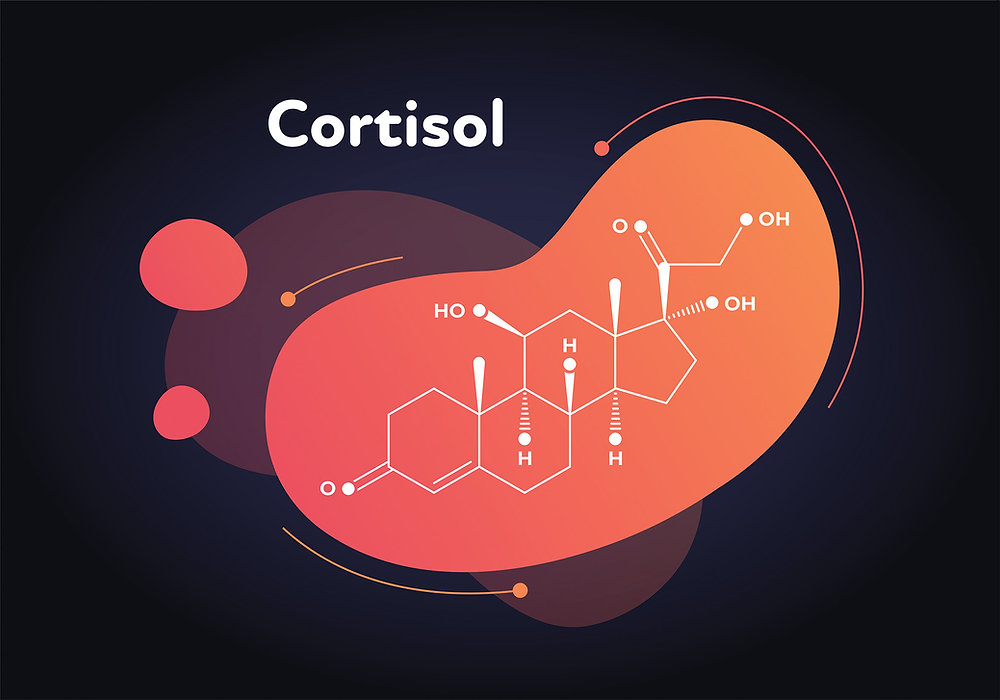
This study was published in 2016, evaluating the anti-stress properties of L-THEANINE.
This is an amino acid found naturally in green tea.
People were given either a mix of:
➠ L-theanine (200 mg)
➠ L-alpha glycerylphosphorylcholine (alpha GPC; 25 mg),
➠ Phosphatidylserine (1 mg)
➠ Micronized chamomile (10 mg)
Or placebo, alongside a cognitive assessment.
While the drink did have these other ingredients, they are far below (<1-10%) their typical dosing - so their impacts were likely small or negligible.
(2/7)
This is an amino acid found naturally in green tea.
People were given either a mix of:
➠ L-theanine (200 mg)
➠ L-alpha glycerylphosphorylcholine (alpha GPC; 25 mg),
➠ Phosphatidylserine (1 mg)
➠ Micronized chamomile (10 mg)
Or placebo, alongside a cognitive assessment.
While the drink did have these other ingredients, they are far below (<1-10%) their typical dosing - so their impacts were likely small or negligible.
(2/7)

People consuming the L-Theanine drink reported markedly lower stress within the first hour.
They actually felt less stressed with the L-theanine, than they did prior, even though they were taking this assessment.
(3/7)
They actually felt less stressed with the L-theanine, than they did prior, even though they were taking this assessment.
(3/7)
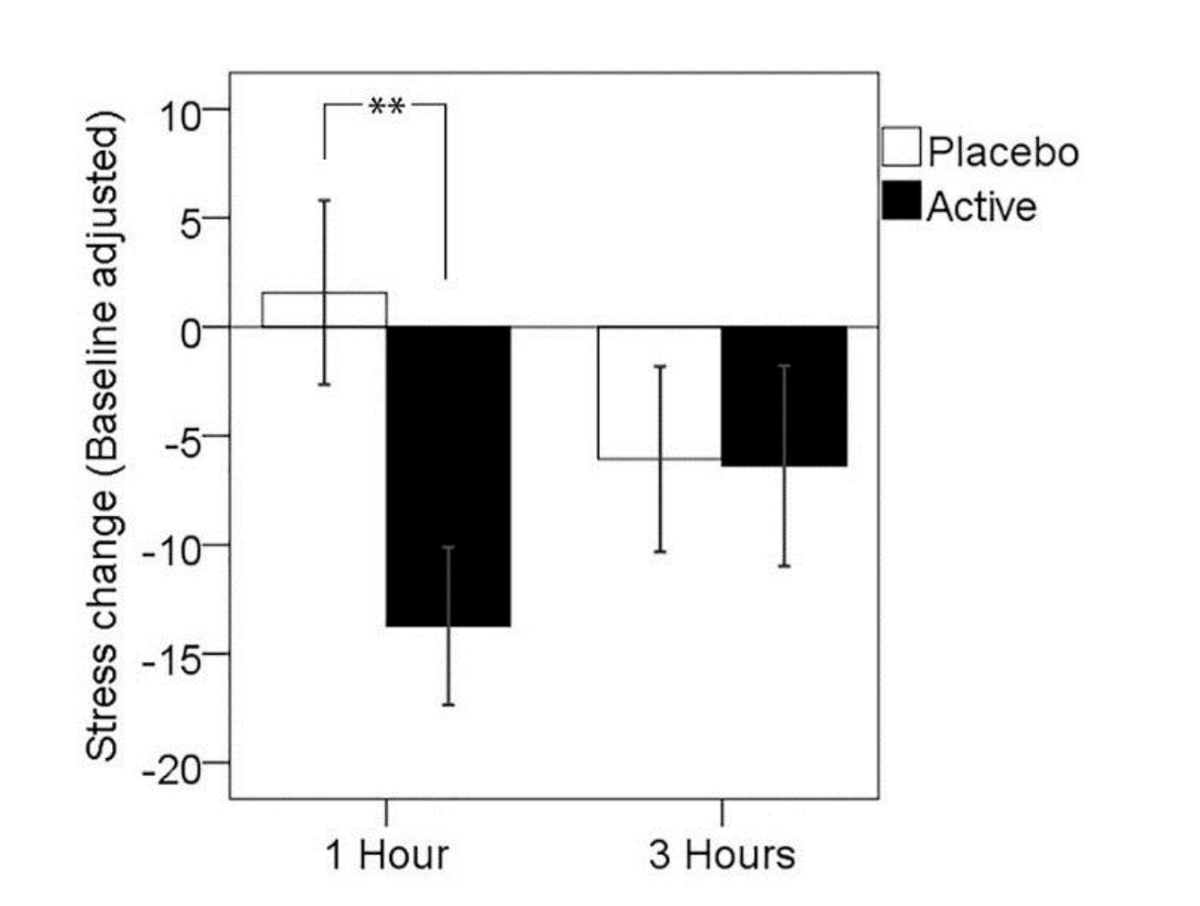
L-Theanine also completely prevented the rise in cortisol from the assessment.
While those without the L-theanine showed higher cortisol 3 hours after the test,
those with the L-theanine had LOWER cortisol.
(4/7)
While those without the L-theanine showed higher cortisol 3 hours after the test,
those with the L-theanine had LOWER cortisol.
(4/7)
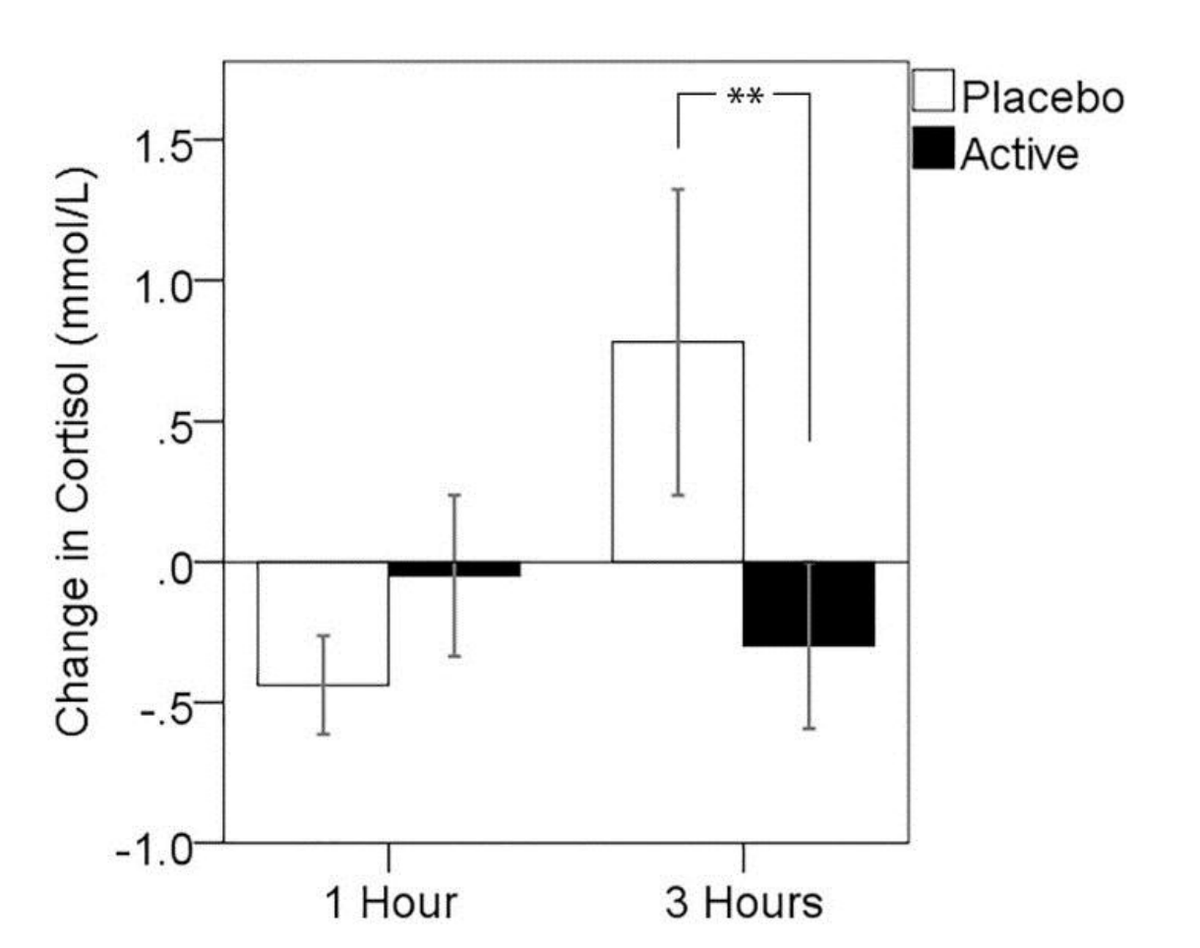
Those on L-Theanine also had improved cognitive function.
While not statistically significant, there was a clear trend for improvements on the MTF - an assessment of:
◇ Working memory
◇ Attention
◇ Processing speed
◇ Numerical reasoning
◇ Executive function
(5/7)
While not statistically significant, there was a clear trend for improvements on the MTF - an assessment of:
◇ Working memory
◇ Attention
◇ Processing speed
◇ Numerical reasoning
◇ Executive function
(5/7)
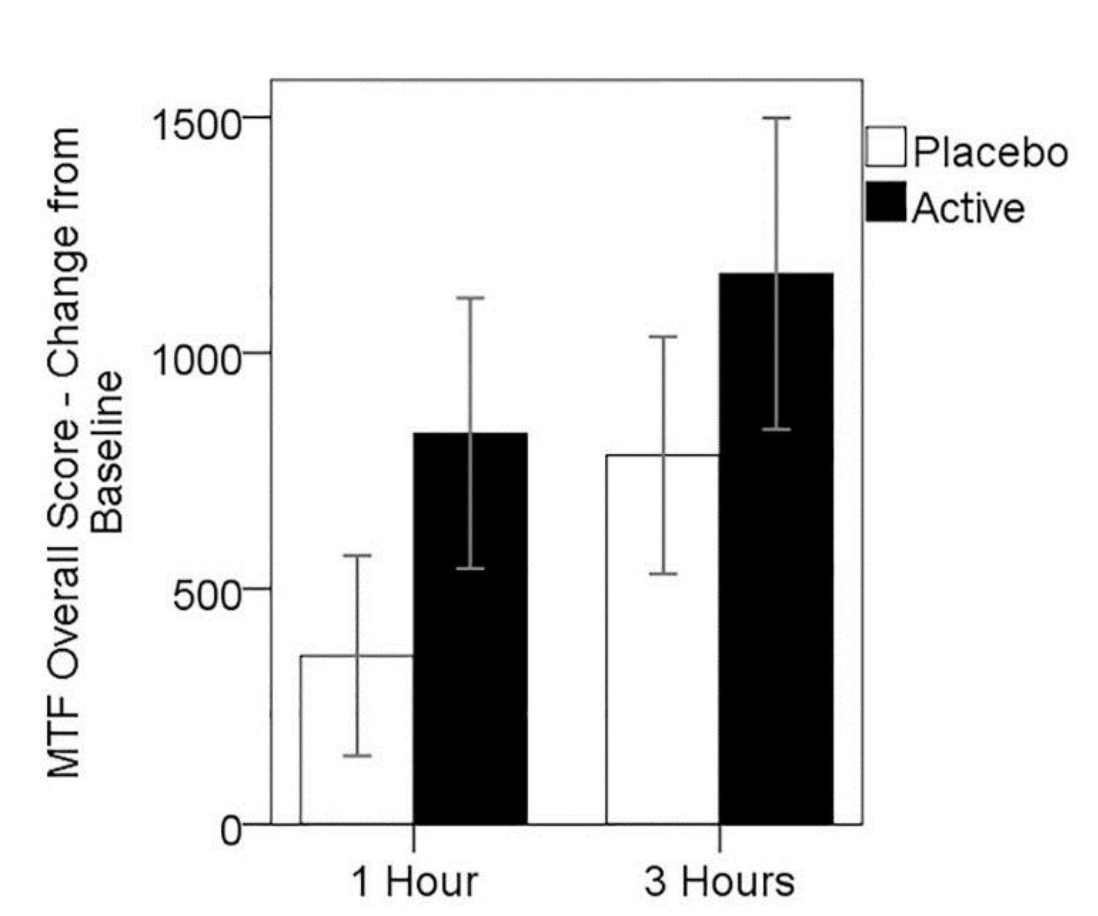
L-Theanine also induced greater alpha waves in the brain.
This type of brain wave is associated with more controlled activity, and less stress / scatterbrained thoughts.
It is a signal of a relaxed alertness.
This was especially apparent in people with anxiety.
(6/7)

This type of brain wave is associated with more controlled activity, and less stress / scatterbrained thoughts.
It is a signal of a relaxed alertness.
This was especially apparent in people with anxiety.
(6/7)
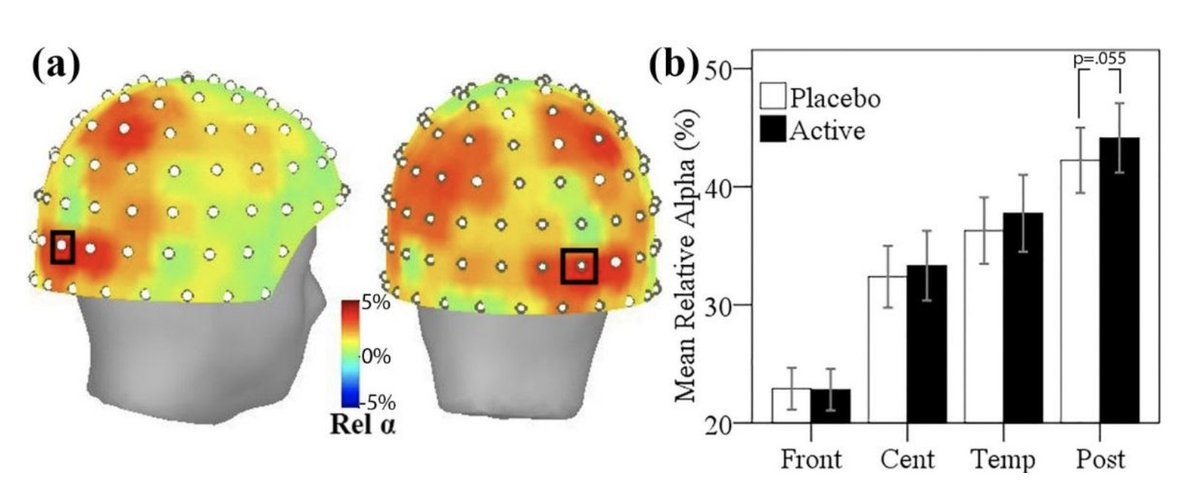
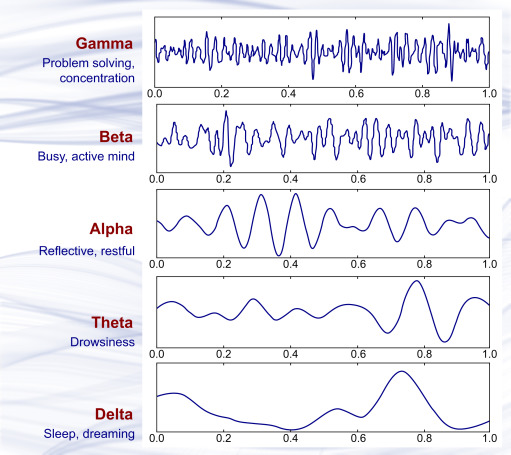
Why is L-Theanine so good for stress / cognitive function?
Theanine is structurally similar to the amino acid glutamate, which is a prominent neurotransmitter in the brain.
Glutamate is the primary "excitatory" neurotransmitter, and thus in excess can contribute to stress, OCD, ADHD, anxiety, even depression and other conditions.
Excess glutamate will make you feel wired and scatterbrained.
We do need some glutamate, though. It helps the growth / proliferation of brain cells, it can stimulate dopamine production, and is necessary for clarity / alertness.
Theanine acts primarily by inhibiting the release of glutamate from neurons, thus having a calming effect.
It can actually stimulate the some of the glutamate receptors, though, reaping the dopamine + neurogenesis benefits while keeping us calm.
Additionally, theanine boosts the amounts of GABA - our primary inhibitory neurotransmitter.
GABA is the opposite of glutamate, it'll chill you out, result in deep sleep, and crush anxiety.
Theanine also can raise the levels of glycine in the brain, another neurotransmitter involved in both inhibition and relaxation, as well as the glutamate-mediated formation of new brain cells.
Theanine ALSO has antioxidant and anti-inflammatory effects.
It makes sense why theanine is so effective and safe for so many different things - it really can help to balance things out in the brain, without acting non-discriminately like a drug.
(7/7)
Theanine is structurally similar to the amino acid glutamate, which is a prominent neurotransmitter in the brain.
Glutamate is the primary "excitatory" neurotransmitter, and thus in excess can contribute to stress, OCD, ADHD, anxiety, even depression and other conditions.
Excess glutamate will make you feel wired and scatterbrained.
We do need some glutamate, though. It helps the growth / proliferation of brain cells, it can stimulate dopamine production, and is necessary for clarity / alertness.
Theanine acts primarily by inhibiting the release of glutamate from neurons, thus having a calming effect.
It can actually stimulate the some of the glutamate receptors, though, reaping the dopamine + neurogenesis benefits while keeping us calm.
Additionally, theanine boosts the amounts of GABA - our primary inhibitory neurotransmitter.
GABA is the opposite of glutamate, it'll chill you out, result in deep sleep, and crush anxiety.
Theanine also can raise the levels of glycine in the brain, another neurotransmitter involved in both inhibition and relaxation, as well as the glutamate-mediated formation of new brain cells.
Theanine ALSO has antioxidant and anti-inflammatory effects.
It makes sense why theanine is so effective and safe for so many different things - it really can help to balance things out in the brain, without acting non-discriminately like a drug.
(7/7)
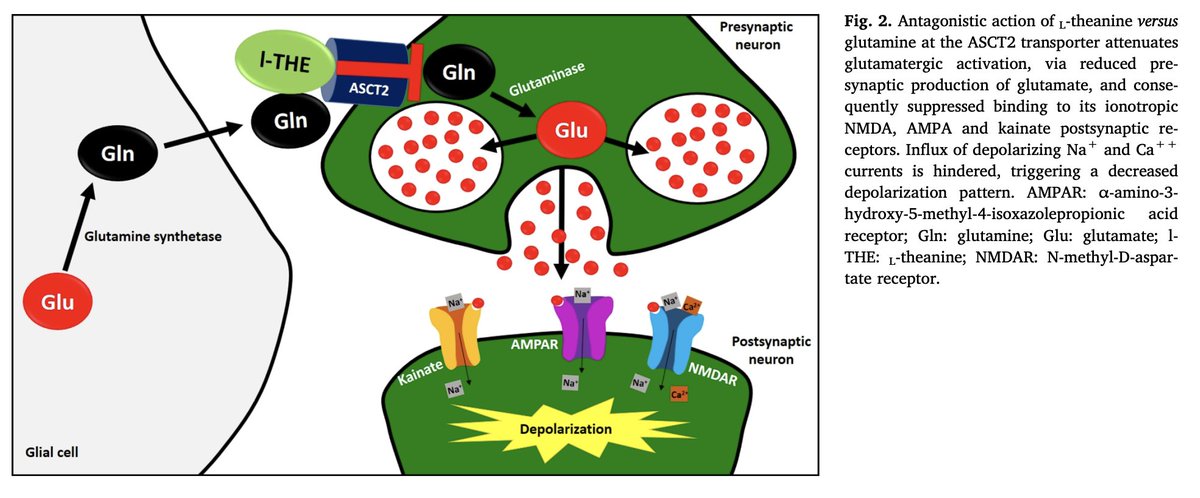
This is the L-Theanine product we use personally + with clients
collabs.shop/8besln
collabs.shop/8besln
While theanine is great for lowering stress and improving cognitive function, it's best as a part of a more comprehensive plan tailored to your health goals.
Book a free call with us here and we can help you get there:
go.prism.miami/consultation
Book a free call with us here and we can help you get there:
go.prism.miami/consultation
If you’re interested in getting lab testing, we offer a ton of different tests you can get without even needing to go to a doctor below. 10% off using code “ANALYZE” at checkout. revelationdiagnostics.com
• • •
Missing some Tweet in this thread? You can try to
force a refresh




